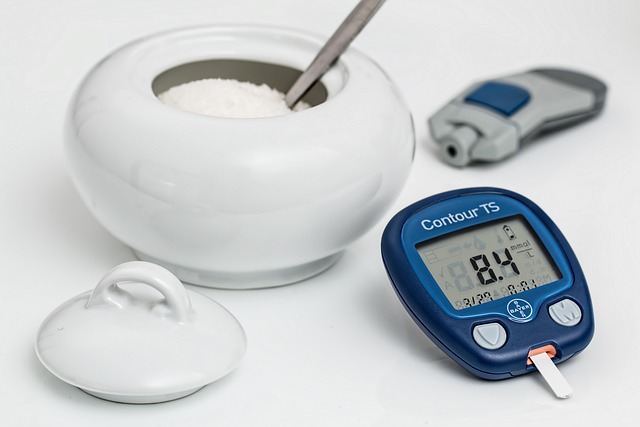
High Albumin Levels
Albumin is a protein produced by the liver that plays a crucial role in maintaining the oncotic pressure of blood, which helps keep fluids in the bloodstream and prevents them from leaking into other tissues. When albumin levels are higher than normal, it can indicate several underlying health issues. This article will explore the causes, implications, and necessary actions regarding high albumin levels in the blood.
What Does High Albumin Mean?
High albumin levels, typically defined as above 5.0 g/dL, can be indicative of dehydration or other health conditions. It is essential to understand that albumin levels are not assessed in isolation; they are part of a broader panel of tests that evaluate liver and kidney function, nutritional status, and overall health.
Causes of High Albumin Levels
Several factors can contribute to elevated albumin levels:
- Dehydration: This is the most common cause of high albumin levels. When the body loses more fluids than it takes in, the concentration of albumin in the blood increases.
- High Protein Intake: A diet excessively high in protein can lead to increased albumin production, though this is less common.
- Certain Medical Conditions: Conditions such as severe infections or inflammatory diseases can also lead to increased albumin levels.
- Use of Steroids: Corticosteroids can stimulate albumin production, resulting in higher levels in the blood.
Symptoms and Diagnosis
High albumin levels may not present specific symptoms. However, if dehydration is the cause, individuals might experience symptoms such as:
- Thirst
- Dizziness
- Dry mouth
- Fatigue
To diagnose high albumin levels, a healthcare provider will typically order a comprehensive metabolic panel (CMP) or a liver function test (LFT). These tests measure various substances in the blood, including albumin, and help assess liver and kidney function.
Implications of High Albumin Levels
While high albumin levels can indicate dehydration, they can also suggest other health issues. It is crucial to interpret these results in conjunction with other tests and clinical findings. For example:
- If dehydration is confirmed, rehydration through oral fluids or intravenous therapy may be necessary.
- If other underlying conditions are suspected, further diagnostic testing may be required to determine the appropriate treatment.
When to Seek Medical Advice
If a blood test reveals high albumin levels, it is advisable to consult a healthcare professional for further evaluation. They may recommend lifestyle changes, dietary adjustments, or additional testing based on the overall clinical picture.
Conclusion
High albumin levels can be a sign of dehydration or other health issues. Understanding the implications of these results is crucial for maintaining overall health. Regular check-ups and blood tests can help monitor albumin levels and ensure any potential issues are addressed promptly.

















 Enzymatic Digestion
Enzymatic Digestion 
 Health
Health  Fitness
Fitness  Lifestyle
Lifestyle  Tech
Tech  Travel
Travel  Food
Food  Education
Education  Parenting
Parenting  Career & Work
Career & Work  Hobbies
Hobbies  Wellness
Wellness  Beauty
Beauty  Cars
Cars  Art
Art  Science
Science  Culture
Culture  Books
Books  Music
Music  Movies
Movies  Gaming
Gaming  Sports
Sports  Nature
Nature  Home & Garden
Home & Garden  Business & Finance
Business & Finance  Relationships
Relationships  Pets
Pets  Shopping
Shopping  Mindset & Inspiration
Mindset & Inspiration  Environment
Environment  Gadgets
Gadgets  Politics
Politics 